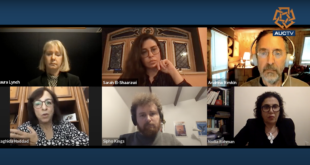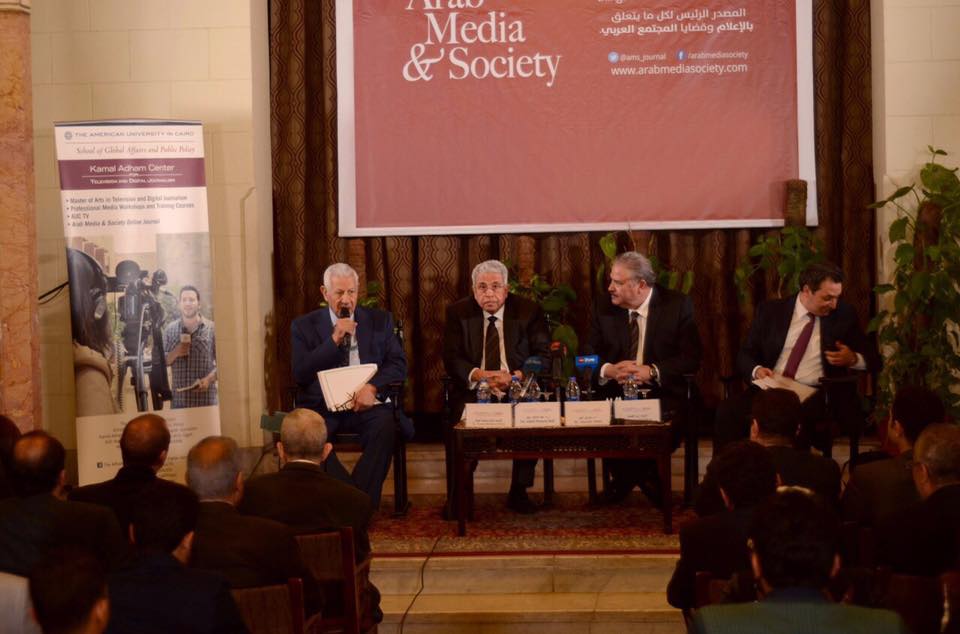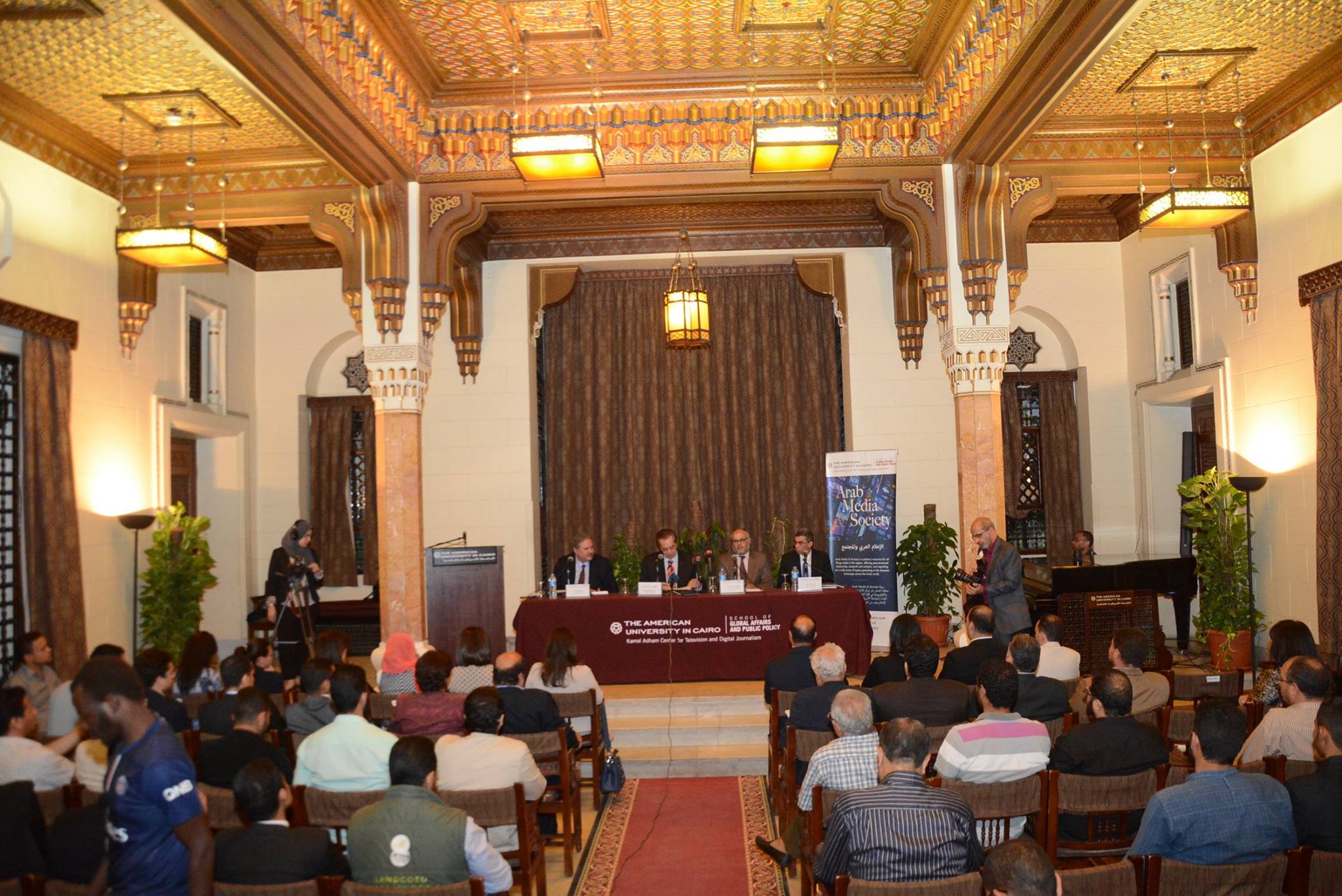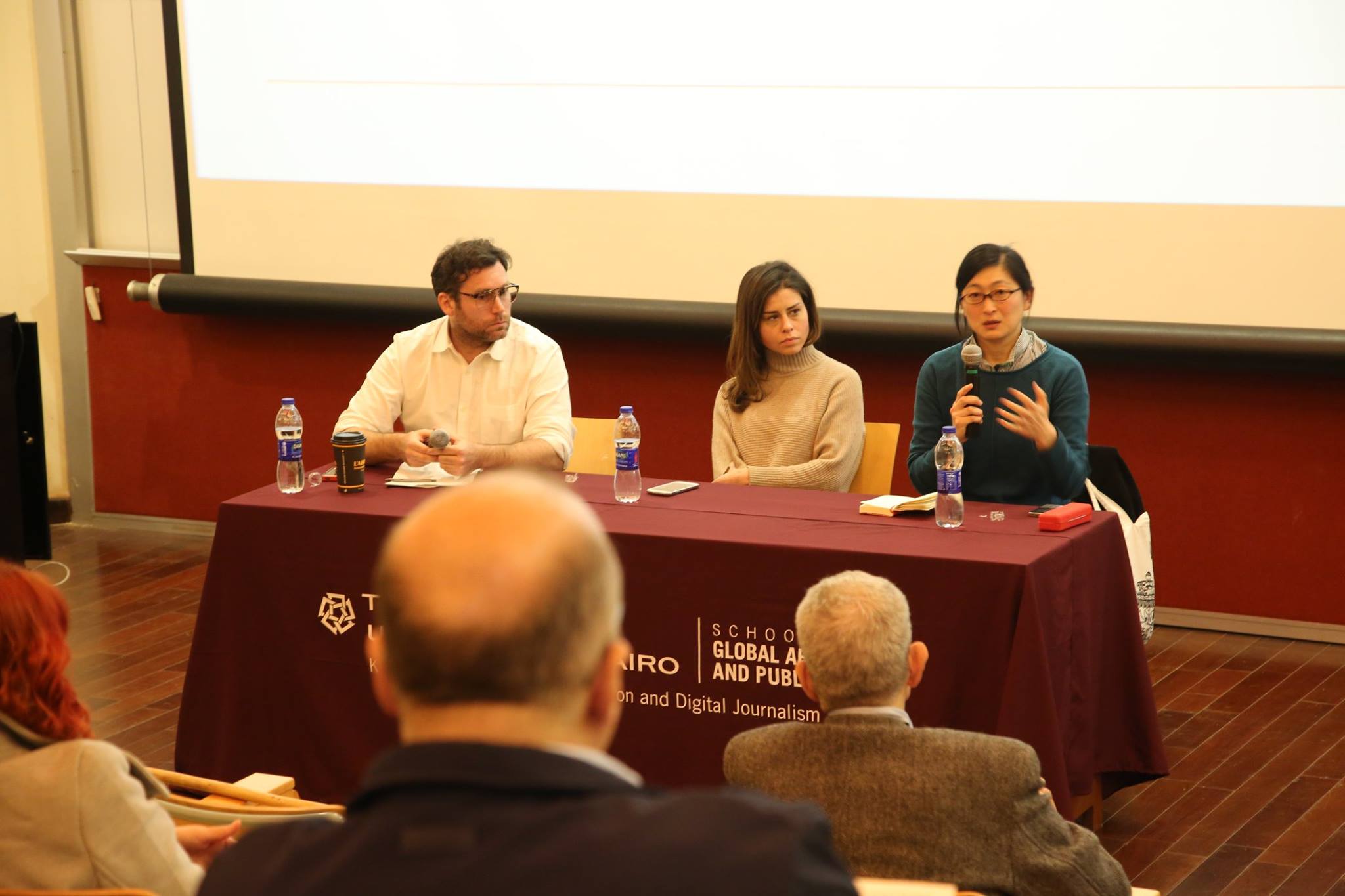Interactive television, video-on-demand, and new broadcasting products were featured at the eighth Middle East international cable, satellite, broadcast and communications exhibition, better known as Cabsat, in Dubai March 5-7.
The event also attracted some publicity stunts and ill-timed announcements.
More than 150 exhibitors from 23 nations participated in the exhibition at the Dubai World Trade Center. The largest group of exhibitors (30) came from the UK, followed by Taiwan (16), Germany (also 16), and Korea (15). Of the German contingent Bavaria, the fastest-growing German state and one of the strongest economic regions in Europe, assembled nine companies under one banner at its pavilion. It was the first time Bavaria had attended Cabsat.
Interactive services were probably the most talked-about single subject. Giuliano Beretta, CEO of France's Eutelsat, said that digital technology and satellites had fundamentally changed the media landscape by opening up possibilities for regional and interactive programming. "New levels of compression [which mean that more content can be transmitted] combined with new satellites will open a new chapter in broadcasting that will further empower consumers."
A German company, Global Interactive Technology (GIT), used Cabsat to launch its operations in Dubai and Abu Dhabi. Known for its specialization in interactive services, GIT sees its role as helping companies offer entertainment and information via remote control.
Interactive services include video-on-demand, e-mail and short messaging services, online shopping, and games. Distance learning, consultations with doctors at a distance, and electronic commerce are also potential options, said Birgit Grossmann, managing director for Central Europe of Concurrent Computer Corporation, which manages the technology behind GIT's interactive services.
"Consumers benefit from the fact that innovation cycles take place at the providers' end. There is no need to upgrade resident hardware in regular intervals, as has become an annoying routine with PC components and software."
An advertisement GIT placed in the Gulf News, a daily newspaper published in Dubai, noted the "tremendous business potential" in the Middle East. "The Middle East market and particularly the UAE show a significant development in e-commerce." It made business sense, the company said, to reach the TV viewer via their remote control. People would no longer be passive but would play an active role through interactive services.
Problems may arise, though, further down the supply chain with delivery of goods, because most people in the UAE rely on post boxes. As anyone who has tried to have goods delivered to a Dubai home knows, the infrastructure for receiving goods the way the process happens in Europe or the United States is marginal at best.
E-Vision, the UAE's only digital cable television provider, used Cabsat to showcase some new technologies. The company's CEO, Humaid Rashid Sahoo, was featured in the main profile in the exhibition catalogue. He asserted that digital cable television was "fast becoming the only future for television."
Digital cable television has the advantage of requiring little extra technology, apart from the set-top box, and it also provides a two-way stream of information. "Cable technology is fast providing the solution to the need for 'added value' from broadcast services. And cable looks to be the best way to bring it to customers. These services include interactive games, pay-per-view special events, an on-screen electronic program guide and, in the near future, facilities that will enable viewers to shop while they watch by placing orders for goods via the remote control."
A press release from Dubai World Trade Center issued to mark the start of Cabsat said E-Vision would use the exhibition to launch new technologies such as interactive services and an electronic program guide. I subscribe to E-Vision and later located the five free games that represent the interactive services. All but one, the chess game, are aimed at children. My son, aged eight, has played most of them. He described them as "OK, just a bit boring."
The electronic program guide does not yet exist. A telephone call to E-Vision's control center revealed that it would be available "maybe in a few, two or three months." No staff at the control center knew anything about the electronic program guide, though one asked me to fax him the press release.
The problem is, consumers want real products that work, not promises. It is pointless showcasing wonderful new attractions if they are a waste of time, or worse, if they do not exist. This produces frustration, and a desire to look elsewhere.
One German company, Procast, has sufficient faith in the UAE to start building a production studio costing about $2.2 million. Work on the 1400-square meter studio is scheduled to begin this month (April 2002) and be completed by September. The company also launched an array of satellite broadcasting equipment ranging from cameras and editing units to broadcast vans and control and transmission units. For some reason, the company brought along two former beauty queens to launch the equipment. The local media dutifully carried photographs of a former Miss World, Yukta Mookhey, and a former Miss Lebanon, Dina Azar, standing alongside cameras they probably knew nothing about.
Chairman and CEO Dr. Saleh Lashter said Procast would also provide two channels via satellite to 56 African nations. The first phase of the contract would involve providing French and English-language broadcasting. The contract is worth 29 million euros. A transmission date was not available.
Dr. Lashter said the investment in building a studio would pay off. "We are building it for us to use and to rent it out. The market is good and we believe we will get the investment back."
Many industry commentators are expecting a boom in the media industries, especially broadcasting and satellite, as world economies improve. The editor of Middle East Broadcast and Satellite magazine, Giovanni Verlini, noted that a recovering world economy, led by the United States, would mean greater demand for Middle East oil, producing a rise in the price per barrel. "The broadcast and satellite sectors in the Middle East are set to gain greatly from the expanding [world] economy. In fact, as more wealth is created by reinvigorated commercial exchanges, the capital that goes into the media will increase."
This in turn would boost the value of the entertainment and media industries worldwide. PricewaterhouseCoopers predicts the value will rise from $831 billion in 2000 to $1,200 billion by 2005, a 7.2 percent compound rate each year. The market in Europe, the Middle East, and Africa will similarly expand from $270 billion to $375 billion over the same period.
PricewaterhouseCoopers noted that short-span economic fluctuations and technological innovations combined with changes in the regulatory environment affect the industry. The availability of creative people to produce content also fluctuates. Pessimism had been a feature of the industry in the past few years, but PricewaterhouseCoopers expects the climate to shift again, and soon. "The long-term picture for entertainment and media spending remains bright in the world."
The next Cabsat will be held in Dubai's World Trade Center from March 4-6, 2003.
 Arab Media & Society The Arab Media Hub
Arab Media & Society The Arab Media Hub




